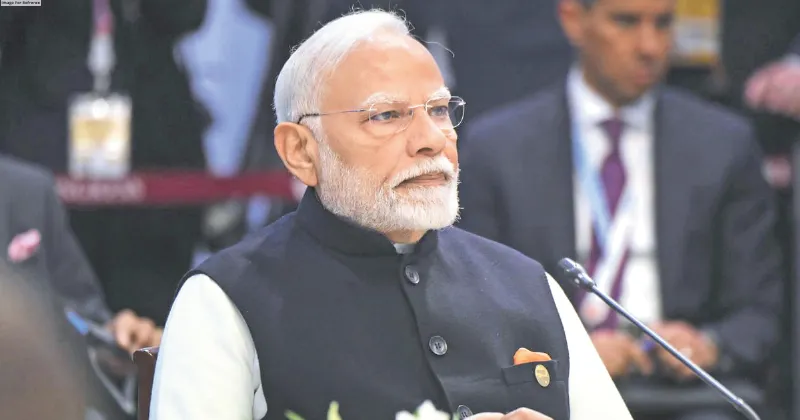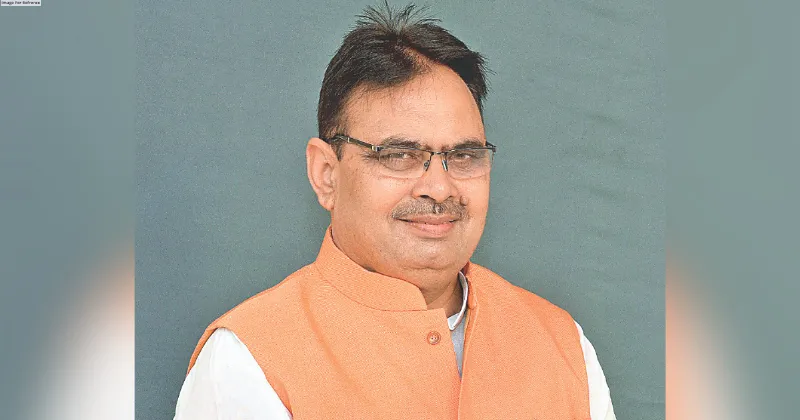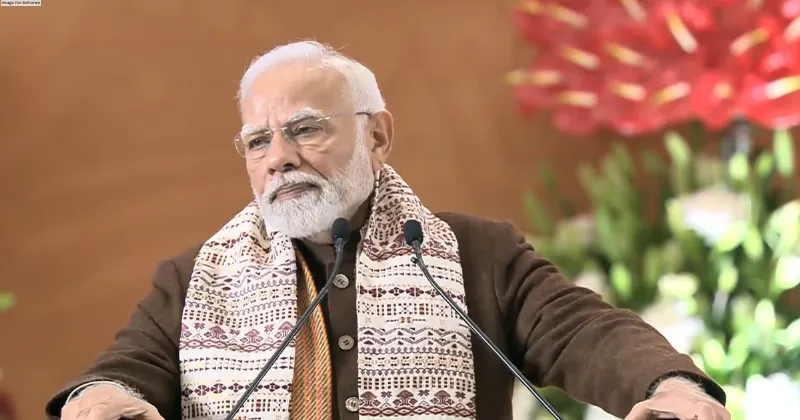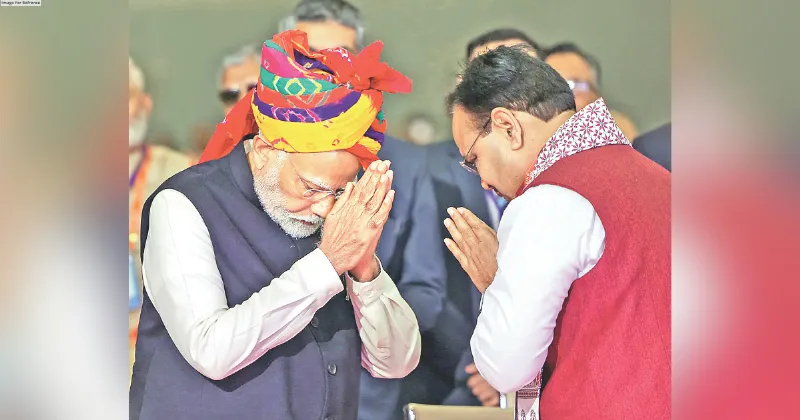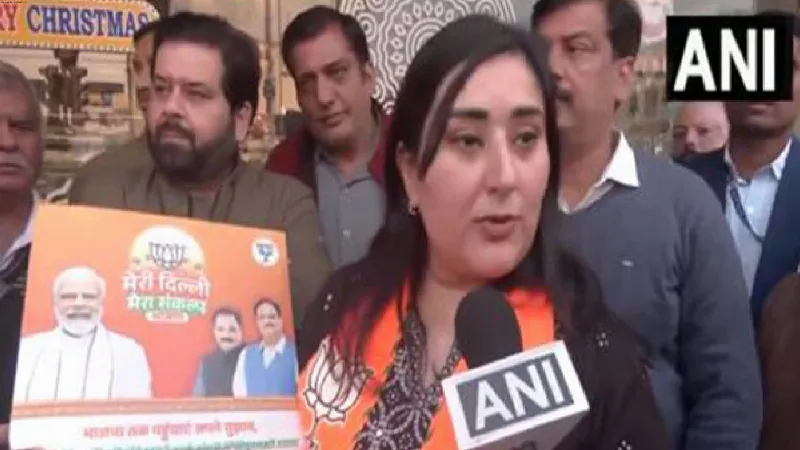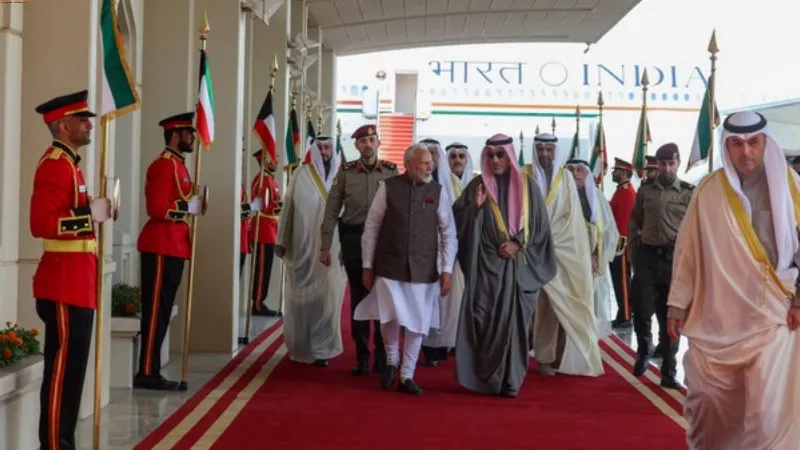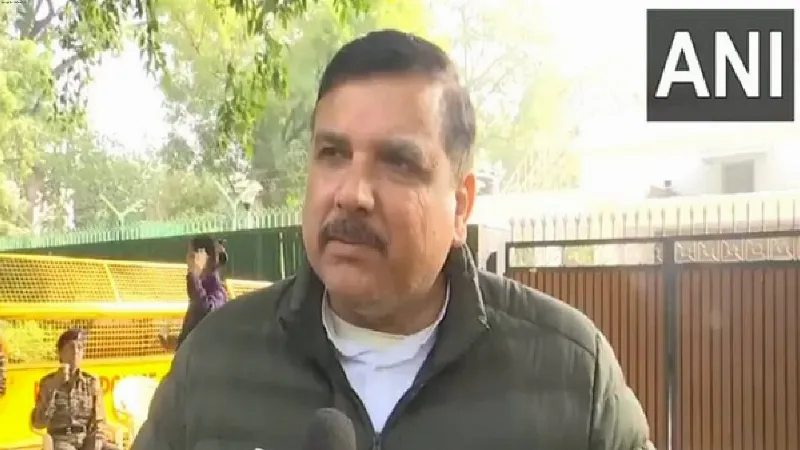Mental health of cricketers deserves top priority!
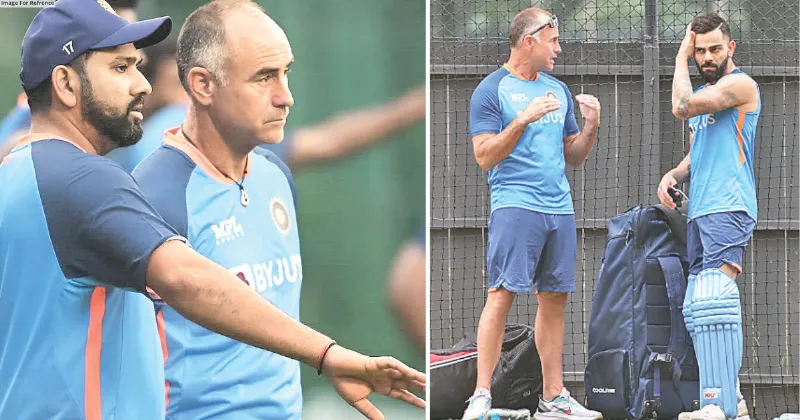
The tragic suicide of former England batsman Graham Thorpe has recently highlighted the severe mental health challenges faced by professional athletes, especially cricketers. As we approach World Suicide Prevention Day on September 10th, it’s crucial to reflect on the psychological pressures that cricketers endure. There is an urgent need for mental health support in the sport, as Cricket demands both, physical endurance and huge mental strength.
Earlier in the summer, India’s former pacer David Johnson was also said to have succumbed to mental traumas. In recent years, several Indian cricketers from Ishan Kishan to Pravin Kumar have admitted to facing acute mental health crises. Superstar Virat Kohli has also been open about his struggles with depression. Kohli has admitted that he has often felt lonely and unable to share his feelings, despite being surrounded by people. His candour has encouraged others to come forward and reflects that mental health issues can affect even the most successful, seemingly invincible athletes.
Even former Indian batter Robin Uthappa recently wrote on social media about fighting depression. “I’ve faced many battles on the cricket field, but none as tough as the one I fought with depression”, he asserted. While it’s obvious that Cricketing Heroes are also vulnerable Humans, not enough attention is being paid to mental conditioning even though the BCCI is the richest cricket body in the world and has no dearth of funds.
When India last won the ODI World Cup in 2011, the team had a regular mental conditioning coach in Paddy Upton. Interestingly, Paddy had a key role to play as the mental coach of the Indian hockey team which won a bronze medal at the Paris Olympics!
Cricketers often spend months away from home and deal with the expectations of fans, media scrutiny, and the fear of failure in isolation. These factors can create a toxic environment for mental health, leading to anxiety, depression, and in extreme cases, even suicidal thoughts.
A prime example is former England opener Marcus Trescothick who quit international cricket due to severe depression. Trescothick’s battle with mental health was a critical moment for the sport, as it highlighted the need for cricketers to prioritize their mental well-being. His openness paved the way for more discussions about mental health in cricket.
Australian cricketer Glenn Maxwell also took a break from the game in 2019 to focus on his mental health. Maxwell’s decision was supported by Cricket Australia, signalling a shift in the way mental ailment is perceived within the sport. His return to cricket after taking time off to heal was a powerful statement about the significance of mental health care for athletes.
Currently, some cricket boards have taken steps in this direction. For instance, the England and Wales Cricket Board (ECB) has employed sports psychologists for its teams. However, the presence of psychologists is often temporary, brought in only during ultra-stressful periods like World Cups or Ashes series. This approach, while helpful, is insufficient. A permanent mental health expert is necessary to build trust with players, provide ongoing support, and intervene early when signs of mental distress appear.
Psychologists as a part of the support staff can help in several ways. First, they can assist players in developing mental resilience, crucial for handling the pressures of international cricket. Techniques such as mindfulness, cognitive behavioral therapy, and stress management can be taught and practiced regularly.
Secondly, psychologists can help identify and manage mental health issues before they escalate. Regular one-on-one sessions, combined with team workshops, can create an environment where players feel comfortable to discuss their mental health concerns without fear of judgment or stigma.
Third, permanent psychologists can aid in postinjury recovery, which is often a challenging period for athletes. Injuries can lead to a loss of identity, fear of career-ending damage, and long periods of isolation during rehabilitation. Mental health support during such times is critical to ensure that players can return to the game physically and mentally fit.
Moreover, cricket academies and junior programs should integrate mental health education into their training. Young cricketers must be taught from an early age about the importance of mental well-being, how to recognize signs of distress, and where to seek help.
Finally, we need a collective effort to de-stigmatize mental health issues in cricket. The fans, media, and cricket authorities must foster an environment where players feel free to speak about their struggles. Just as physical injuries are treated with understanding, so too should mental health issues. As World Suicide Prevention Day arrives, it’s vital for the cricketing community, to come together, address this issue, and ensure that players get the support they need to thrive both on and off the field!
THE VIEWS EXPRESSED BY THE AUTHOR ARE PERSONAL
Siddhaarth Mahan The writer is a specialist on Sports and Cinema who works as an actor in the Hindi film industry




